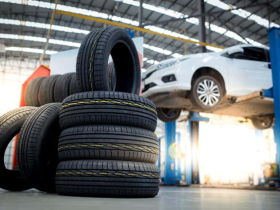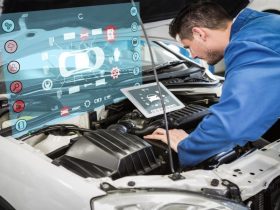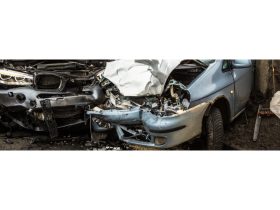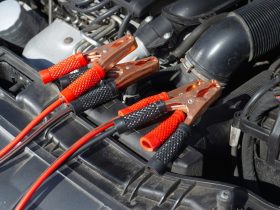After repairs or replacements, steering wheel calibration is necessary to optimize a car’s steering system. When tuned, the steering system gives the driver excellent control and responsiveness. When replacing or repairing steering parts, calibration is often needed to align the steering wheel and front wheels for a smooth, safe ride.
What is Steering Wheel Calibration?
Steering wheel calibration aligns the steering wheel and front wheels. This ensures the steering is centered when driving straight and the automobile responds as expected when the driver turns the wheel. The car’s steering angle sensor must be aligned with the steering wheel to track steering wheel movement and communicate with the ESC system. Calibration errors can cause mishandling, misalignment, and safety issues.
Restoring Steering Accuracy
After changing the steering rack, suspension parts, or power steering system, the steering wheel must be recalibrated. If not, the car may handle poorly. One of the greatest difficulties is steering misalignment. If the steering wheel pulls to one side, driving can be uncomfortable and unsafe.
Calibration ensures steering wheel centering and vehicle reaction to driver changes. The driver may have problems turning or think the steering is too sensitive or slow without proper calibration. Driver fatigue may make it harder to operate the automobile, especially on long trips or in emergencies demanding quick reflexes.
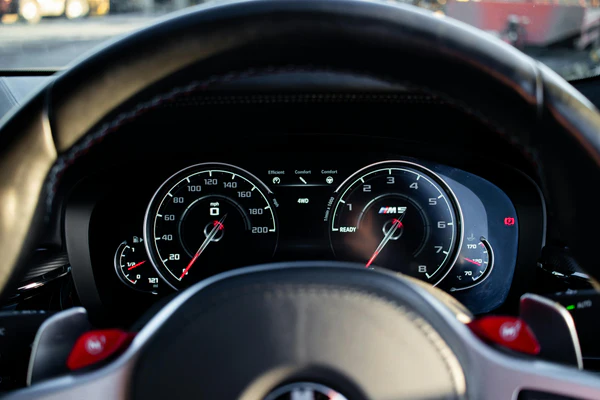
Limiting Long-Term Damage
Steering wheel calibration can damage other steering system components over time. The steering rack, suspension, and alignment system may overwork if the steering wheel is not centered. Due to the added strain, these parts may wear out too soon, requiring costly repairs. A calibrated steering system ensures that all components work together, reducing wear and extending part life. In such a case, choosing the Auto Repair in Sacramento, CA based service is essential now.a
Impact on Safety
Lane-keeping assistance, electronic stability control, and automated steering adjustments are common on newer cars. These devices require accurate steering angle sensor data. Without calibration, the steering wheel sensor may provide the car’s on-board systems erroneous information, causing failures. This may hamper the car’s response to hazards, reducing the effectiveness of modern safety features and increasing the risk of an accident.
What Professional Technicians Do
A sensitive technique, steering wheel calibration requires specific tools and skills. Expert technicians calibrate the steering angle sensor and check steering wheel alignment with precise diagnostic tools. They also check the car’s electronic systems for safety and responsiveness. Attempting this process without the right tools and knowledge may cause greater misalignment or auto system damage.
Conclusion
The repair process must include steering wheel calibration to restore precise steering performance and driver safety and comfort. Proper calibration prevents steering misalignment, inaccurate handling, and excessive wear. Additionally, it ensures the car’s advanced safety features work properly. A competent technician can calibrate steering wheels to extend the life of the steering system and improve safety and comfort.


